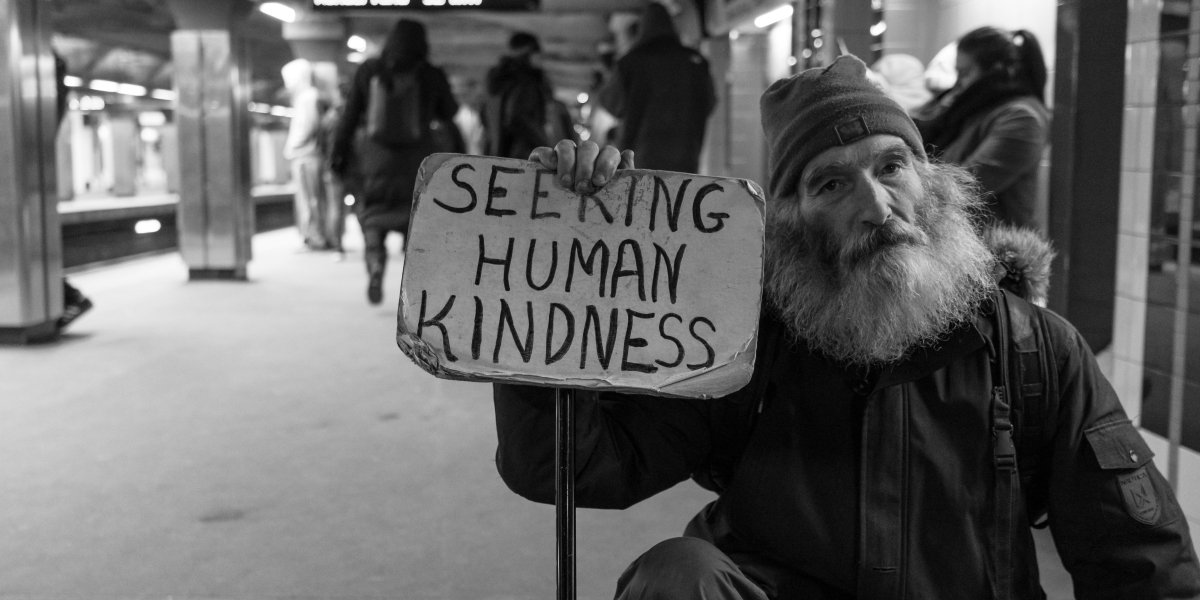By: Lennard James
In a world where leadership often seems detached from grassroots realities, Dr. Thruston Smith stands as a transformative figure blending global experience, civic engagement, and a deep-rooted commitment to social justice. With decades of leadership experience and a passion for equitable change, Smith’s latest accolades and initiatives continue to cement his impact on both national and international fronts.
Fresh off a professional tour in Japan, Smith brought back more than memories—he returned with sharpened insights in organizational leadership. While training various U.S. military commands abroad, his focus on strategic leadership development not only resonated with high-ranking officials but also underscored his dedication to cross-cultural dialogue and service-based learning. This commitment to leadership at the highest levels now fuels his mission at home: to advocate for marginalized communities through structural reform, recovery, and social justice.
Smith serves as a professional consultant for a variety of nonprofits, private sector establishments, and governmental authorities, including three bureaus within the U.S. Department of Health and Human Services: The Administration for Children and Families (ACF); the Substance Abuse and Mental Health Services Administration (SAMHSA); and the Health Resources Services Administration (HRSA).
This spring, Thurston Smith was awarded a Doctor of Ministry degree in Social Justice, a recognition that aligns seamlessly with his lifelong commitment to advocacy, social empowerment, and systemic change. This milestone is not just an academic honor—it is a declaration of purpose.
That purpose takes form in his most recent appointment as Chair of the African American Healthcare Access and Recovery Coalition (AAHARC)—a role that places him at the center of one of today’s most pressing national conversations: health equity and culturally responsive care for African Americans.
AAHARC is no ordinary think tank or nonprofit; it is a unified force comprised of leaders in civic service, academia, research, the ecumenical sector, and the recovery movement. As Chair, Smith is helping to coordinate this diverse network of influencers and stakeholders in building actionable solutions around healthcare disparities, access, and recovery support systems that directly benefit African American communities across the country.
“The health crisis facing African Americans is not simply medical—it is moral,” Smith has stated in recent discussions. “Culturally responsive care isn’t a luxury; it’s a necessity. If we are serious about equity, we must address the systems that exclude and marginalize.”
Under his leadership, the coalition is amplifying initiatives that address the root causes of health inequity. From pushing for increased funding in mental health and addiction recovery services, to building collaborations with historically Black colleges and universities (HBCUs), Smith is ensuring that the conversation around healthcare is not only inclusive—but transformative.
But his work doesn’t stop at healthcare. Dr. Smith continues to serve as a bridge between institutions and communities, believing strongly in the power of faith-based organizations, veterans, and recovery communities to act as agents of change. He sees his ministerial calling as inherently connected to social advocacy: “True ministry happens where pain resides,” he said. “Social justice is not a trend—it is a theological imperative.”
A seasoned leader with a well-grounded sense of purpose, Smith’s journey into advocacy was shaped by both personal conviction and professional insight. Whether standing behind a lectern or at a pulpit, his message remains the same: community change requires compassionate leadership and sustained strategic action.
His recent educational work in Japan—and his continued collaborations with governmental, private sector, and even military personnel, further underscores his global awareness and ability to lead across cultural boundaries. Smith’s approach to leadership is informed by discipline, empathy, and a keen understanding of institutional structures.
As a health advocate, he also remains deeply connected to the lived experiences of individuals navigating systems of care, especially those requiring mental health services. Through workshops, community listening sessions, and coalition-building, he engages voices often excluded from policymaking and health systems design. This boots-on-the-ground approach sets him apart from many thought leaders in the field, making his leadership style not only visible but tangible.
Looking forward, Smith envisions a coalition that expands into policy reform, grant funding, and capacity-building support for local organizations. He wants to see AAHARC become a national model for health justice—and he is well on his way to making that vision a reality.
Dr. Smith’s work is the embodiment of purposeful leadership in action. Whether through the lens of clinical counseling, ministry, military leadership, or healthcare equity, he continues to demonstrate that lasting change is built on conviction, community, and a relentless pursuit of justice.
Most recently, Smith was an invited speaker at the Delaware State Opioid Response Conference, on the subject: “combatting the assault on DEI”.
In addition to his doctoral degree in ministry, with specialization in social justice, Smith earned a master’s in public administration from Capella University School of Public Service Leadership, and a graduate certificate in counseling from the Harold Abel School of Social and Behavioral Sciences, also at Capella University. He is a licensed counseling practitioner and serves as an adjunct professor of psychology and sociology and Graceland University.
Published by Jeremy S.









